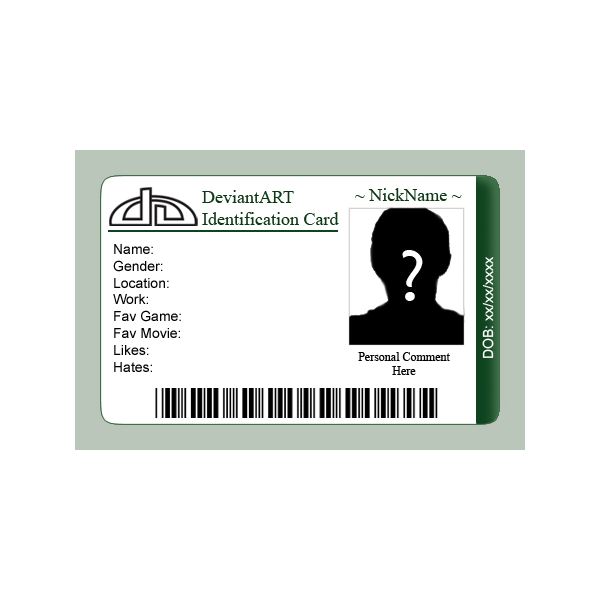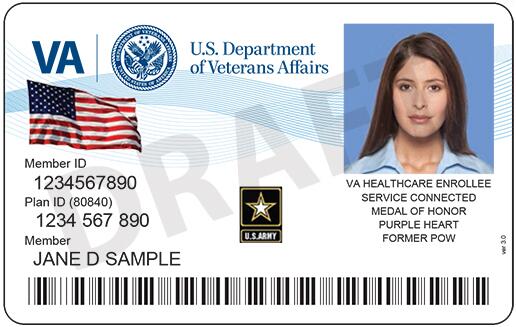
Is your friend or family member having trouble making ends meet? If they are considering getting a short-term payday loan to tide them over, they may be setting themselves up for long-term financial trouble. Also, DFAS and other military organizations never ask for personal financial information, account numbers or passwords.

Your service member should never give personal information on the phone – or click on links in emails – from someone they don’t know. In other cases, their emails contain links or attachments that can put malware on computers to steal passwords and account information. They may claim that due to computer problems your information was lost and needs to be reentered to process payments. The scammer pretends to be from the Defense Finance and Accounting Service or another military group and contacts members or their spouses by phone, email or text. These schemes try to steal a service member’s identity by getting Social Security numbers, bank accounts and other personal information. If someone insists on receiving money or other payments before a property has been seen, it is probably a rental scam. They try to get service members to send them money for fees and deposits upfront – and the victim ends up with no money and no place to live. Scammers pretend to be real estate agents and post fake ads for rental properties on websites, sometimes promising military discounts and other incentives. These scams target military personnel looking for housing near a base. Remember, there are always people looking to take advantage of a crisis to harm others – be vigilant. Don’t reveal personal or financial information. Use trusted sources such as legitimate government websites for information. There are safety measures you can take to protect yourself: Avoid clicking on links or attachments in unsolicited emails. By clicking on links in these emails, you could download malware or have your identity stolen. Bogus emails that look legitimate can offer fake alerts or information about the outbreak, fake workplace policy updates or fake medical advice. Unfortunately, these scams prey on fears about the coronavirus disease, trying to trick service members and family members into revealing sensitive information or donating money to a fraudulent cause. You can help protect your service member against military scams by learning the warning signs of schemes that target those in the military community.


Unfortunately, there are scammers out there who try to take advantage of that service to cheat them and you. Your military friend or family member serves our country with integrity and honor.



 0 kommentar(er)
0 kommentar(er)
